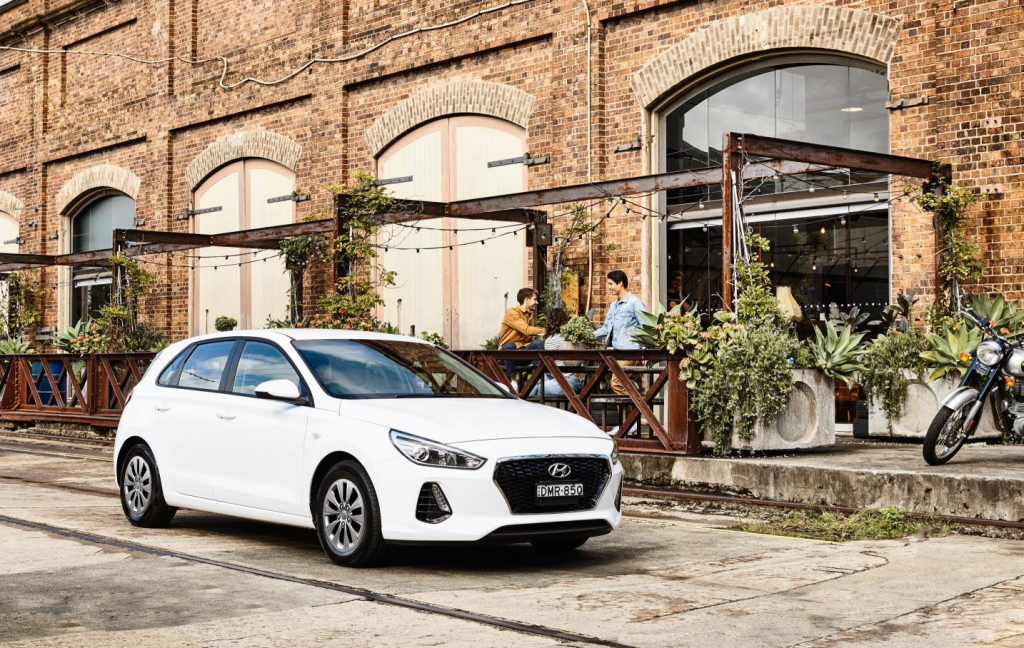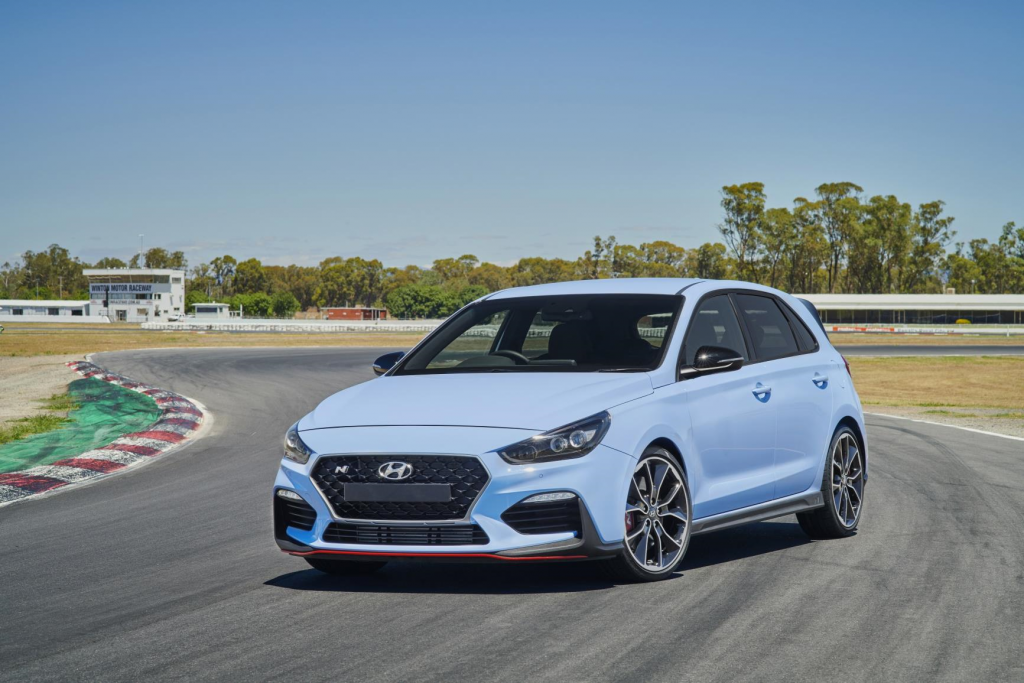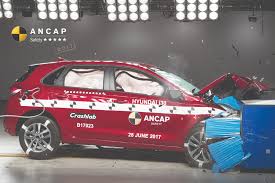“A great in-depth article on ANCAP testing. However, you omitted to mention that some models within the range, say Hyundai i30 Go, do not score equally with a more up-spec model. So caution: reading ANCAP within a model range needs to be related to the standard safety gear available and not as an option”
ONE OF OUR readers has questioned our recent story on ANCAP ratings.
He has a valid point and highlights the general confusion about ANCAP ratings and how to read them.
Since he raised the Hyundai i30 Go specifically, we went onto the ANCAP website to investigate the star rating for the i30 range.
It was stated there, clearly and with no exceptions, that the i30 (all variants) scored five ANCAP stars. There was also a rating for the i30 Wagon which is not sold in Australia (but is sold in NZ, and for transparency, has also scored five stars).

We checked with Hyundai spokesman Bill Thomas who, as usual, was well on top of his brief. “All i30s other than the i30N are five stars, including the Go,” he told us.
The i30N is unrated because, according to Bill Thomas, it has not received a Euro NCAP score.
So our reader is sort of correct, in that not all models within the range are necessarily rated the same even if they all get the same star rating. Some models (such as the i30 Go without AEB) are perhaps a little “less safe” than others. So once again, it’s worthwhile checking carefully and worth checking the individual scores within each testing category.

Of course, one of the limitations of crash testing is that there are simply far too many makes, models and variants for them all to be crash tested, and this is another area where our readers are dissatisfied with the methodology. ANCAP will extend a safety rating to different model or platform variants, depending on technical evidence supplied.
Still talking Hyundai, one website questioned why the i30 was awarded five stars despite not having been crashed by any NCAP body. The i30 gets a five star ANCAP rating, with a 2017 date stamp, based on data from crashing the Elantra sedan in 2016.
Both Hyundai and ANCAP defend the decision because the i30 shares its platform, structure and restraint systems with the Elantra. And as Bill Thomas happily points out, the i30 scored higher in ANCAP’s audit than the Elantra.
ANCAP adds that their engineers ensure technical data submitted can be applied to additional variants or models, plus post-publication audit testing on identified vehicles.
The base model Hyundai i30 does not get autonomous emergency braking (AEB). Under ANCAP’s increasingly stringent assessment criteria, AEB became a mandatory requirement for a five star rating when ANCAP adopted common protocols with Euro NCAP in January 2018.
